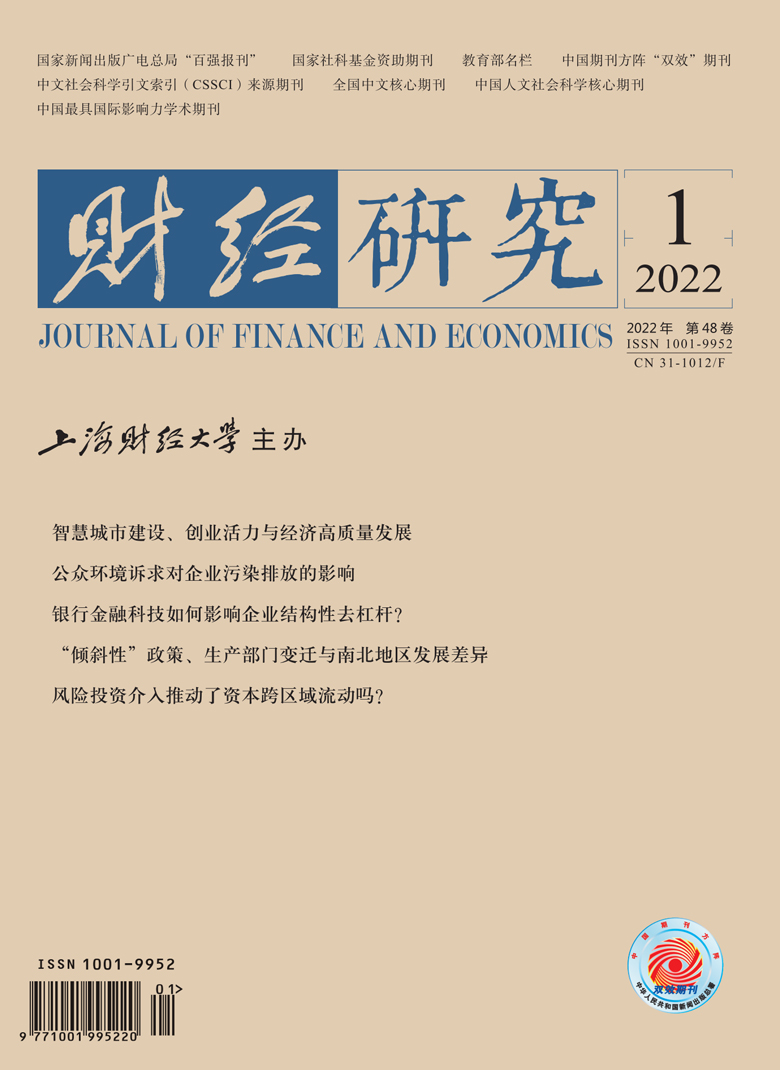In 2018, the Central Finance and Economics Committee put forward the idea of structural deleveraging, which states that it is necessary to not only reduce the unreasonable leverage of state-owned firms to prevent risk accumulation, but also retain the effective leverage of private firms to meet financing needs. In recent years, FinTech has developed rapidly, providing new ways to upgrade the ability of the financial sector to serve the real economy. During the critical period when China’s economy is stepping into high-quality development, clarifying the relationship between Bank FinTech and structural deleveraging of firms can help to promote the close integration of science and technology with economic development and speed up the creation of a new growth paradigm.
Using the data of A-share listed firms from 2011 to 2019 and employing web crawler technology to construct the FinTech application index of commercial banks which then corresponds to indebted firms, this paper examines the impact of Bank FinTech on the structural deleveraging of firms. We find that Bank FinTech can promote the structural deleveraging of firms by enhancing banks’ information screening ability and optimizing their risk management model. This finding remains robust after we mitigate the endogeneity concern by using the methods of instrumental variables, system GMM, DID, and PSM. Further, this effect is more prominent in firms with lower market attention but higher quality of information disclosure, and in regions with a higher level of outside FinTech development. Finally, FinTech can also guide the flow of credit resources to small-scale, high-tech, and low-pollution firms, all-around helping firms to structurally deleverage and promote the healthy and sustainable development of the real economy. Based on the above research findings, this paper provides the following policy insights: First, banks should actively embrace the development trend of FinTech. Second, building a data-sharing platform is necessary to break down data silos and further promote the functioning of digital technology in financial business. Third, regulators should strike a balance between regulation and innovation, and moderately encourage FinTech innovation.
This paper makes two main contributions to the existing literature: First, to investigate the role of Bank FinTech in promoting structural deleveraging, this paper matches the micro-data of banks representing financial services and that of firms representing the real economy. The existing literature rarely examines the impact of Bank FinTech on the corporate sector within one analytical framework. Second, this paper proposes and empirically tests two micro mechanisms of Bank FinTech to serve the real economy: information screening and risk management. It not only provides evidence for why banks should carry out FinTech business, but also points out what banks should do for their digital transformation.






 5981
5981  6266
6266

